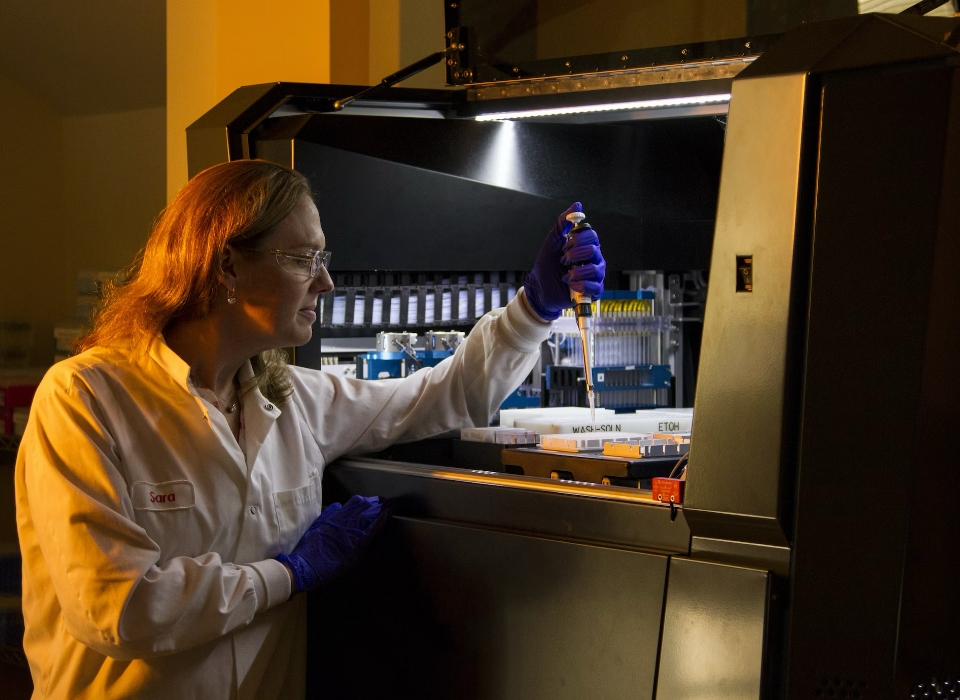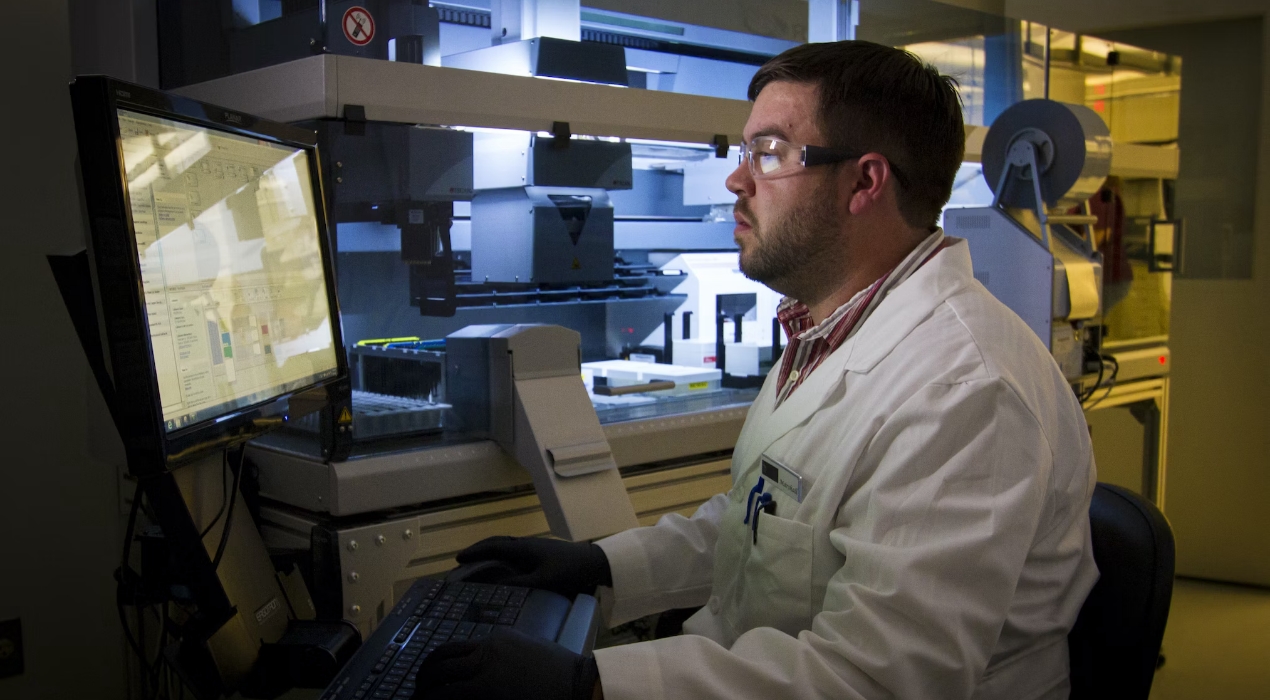Objectives: The overarching goal was to employ statistical colocalization as a means to elucidate the causal genes and underlying mechanisms implicated in complex diseases. This objective involved bridging the gap between genome-wide association studies (GWAS) and biological interpretations by prioritizing variants likely to be causal, assessing genetic overlap among related traits, and discerning the presence… Continue reading A fast and efficient colocalization algorithm for identifying shared genetic risk factors across multiple traits
Category: Research Output
MR-Clust: clustering of genetic variants in Mendelian randomization with similar causal estimates
Objectives: The research aimed to utilize Mendelian randomization (MR) as a robust epidemiological technique to investigate and estimate causal relationships between specific risk factors and their resultant outcomes. This study sought to leverage genetic variants as instrumental variables to provide a reliable framework for understanding the underlying causal mechanisms of various health conditions. Ultimately, the… Continue reading MR-Clust: clustering of genetic variants in Mendelian randomization with similar causal estimates
isGWAS: ultra-high-throughput, scalable and equitable inference of genetic associations with disease
Objective: The aim of this research was to develop scalable and efficient algorithms, namely the in-silico GWAS (isGWAS) and leapfrog re-sampler (LRS), to overcome significant challenges in genome-wide association studies (GWAS). These challenges include the dependency on sensitive individual-level data, daunting computational demands arising from increasing cohort sizes and genetic variants, and limitations in traditional… Continue reading isGWAS: ultra-high-throughput, scalable and equitable inference of genetic associations with disease
Blood protein levels predict leading incident morbidities and mortality in the UK Biobank
Objective: The overarching aim of this study was to explore the intricate relationship between the circulating proteome and age-related diseases and mortality using data from the UK Biobank. By analyzing blood data from 47,600 individuals over 16 years and linking it with electronic health records, our primary objective was to elucidate the associations between 1,468… Continue reading Blood protein levels predict leading incident morbidities and mortality in the UK Biobank




